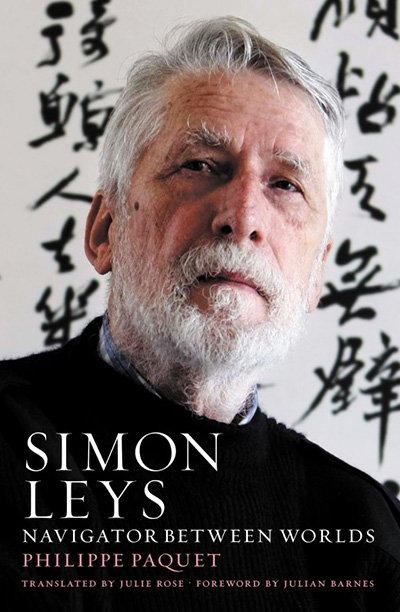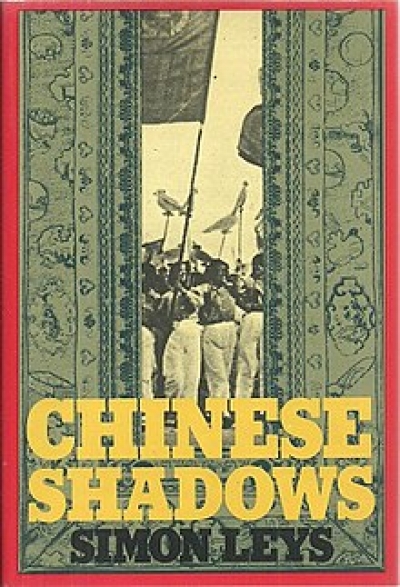‘The masses are the real heroes, while we ourselves are often childish and ignorant, and without this understanding it is impossible to acquire even the most rudimentary knowledge’(Mao Tse-tung, 1941) Except for the word ‘often’, which Simon Leys would wish to be replaced by ‘always’, this statement is one with which he would agree, because by ‘we ourselves’ Mao means the Chinese Communist Party. In this book, which deals with China in the early 1970s, Leys appears preoccupied with four major concerns: (1) He is a deep lover of the Chinese people (2) He hates intensely everything connected with ‘the authorities’. In his view, everything good about China is due to the people, everything bad to their government.
...
(read more)





